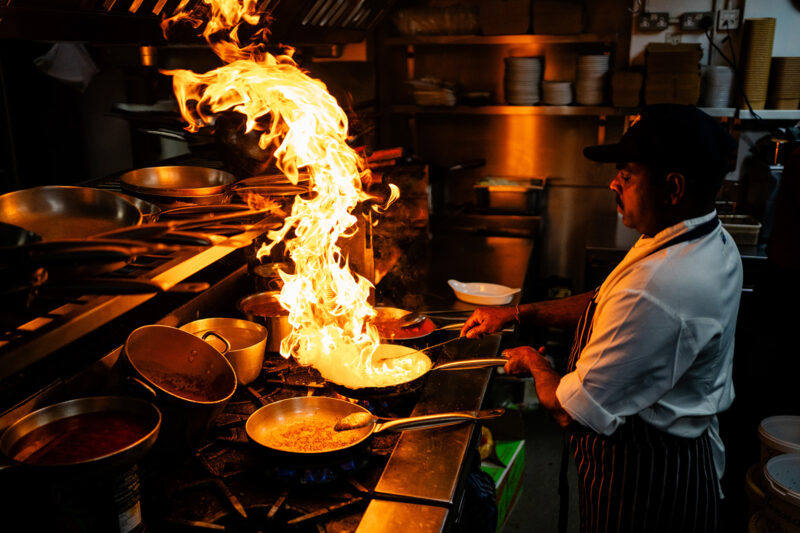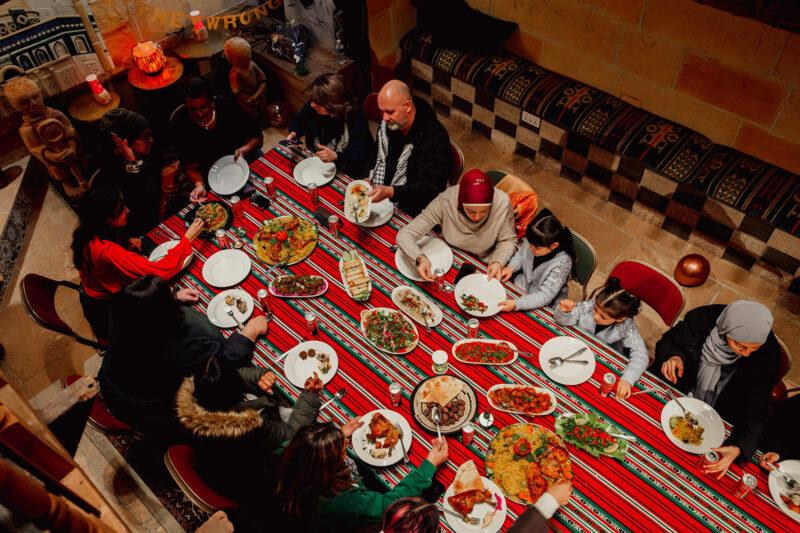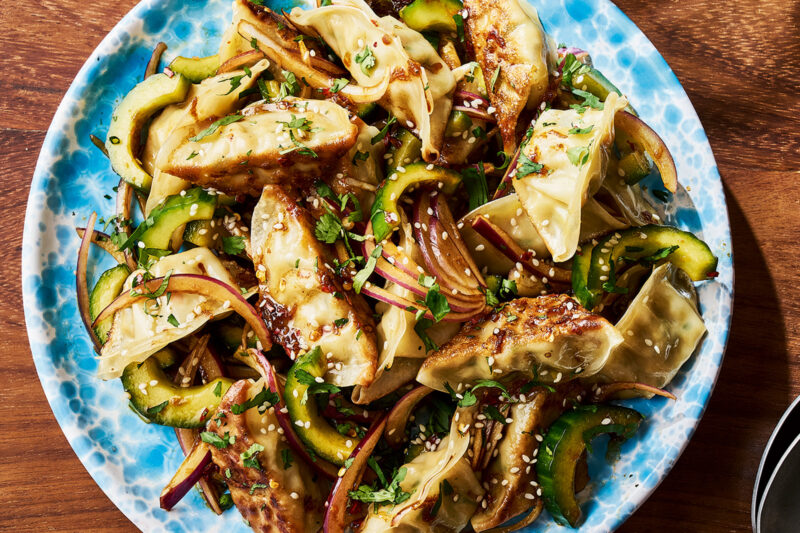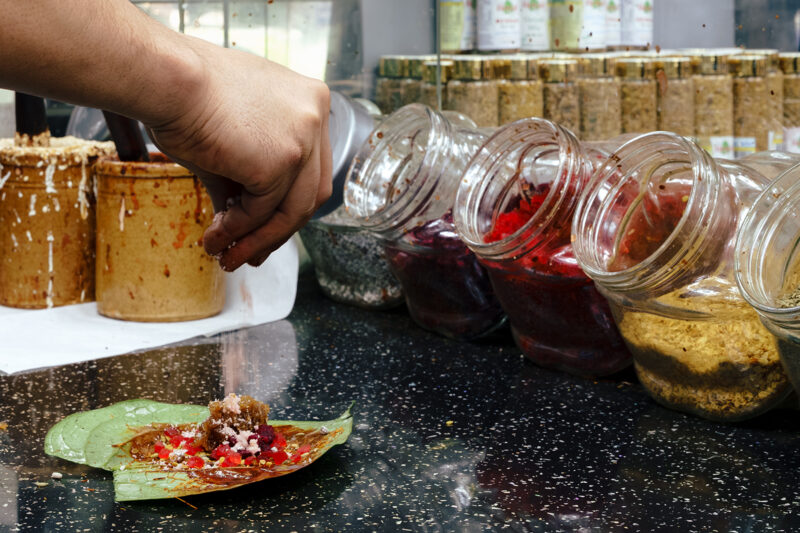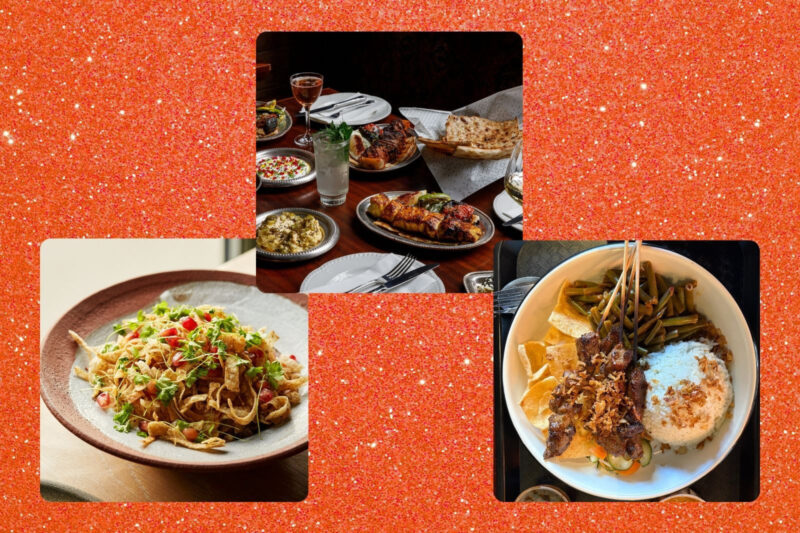The unique pull of Lanzhou noodles
Deeply flavoured, warmly spiced and fully halal, the north-west Chinese cuisine of Gansu province offers a thrilling combination of tastes and textures
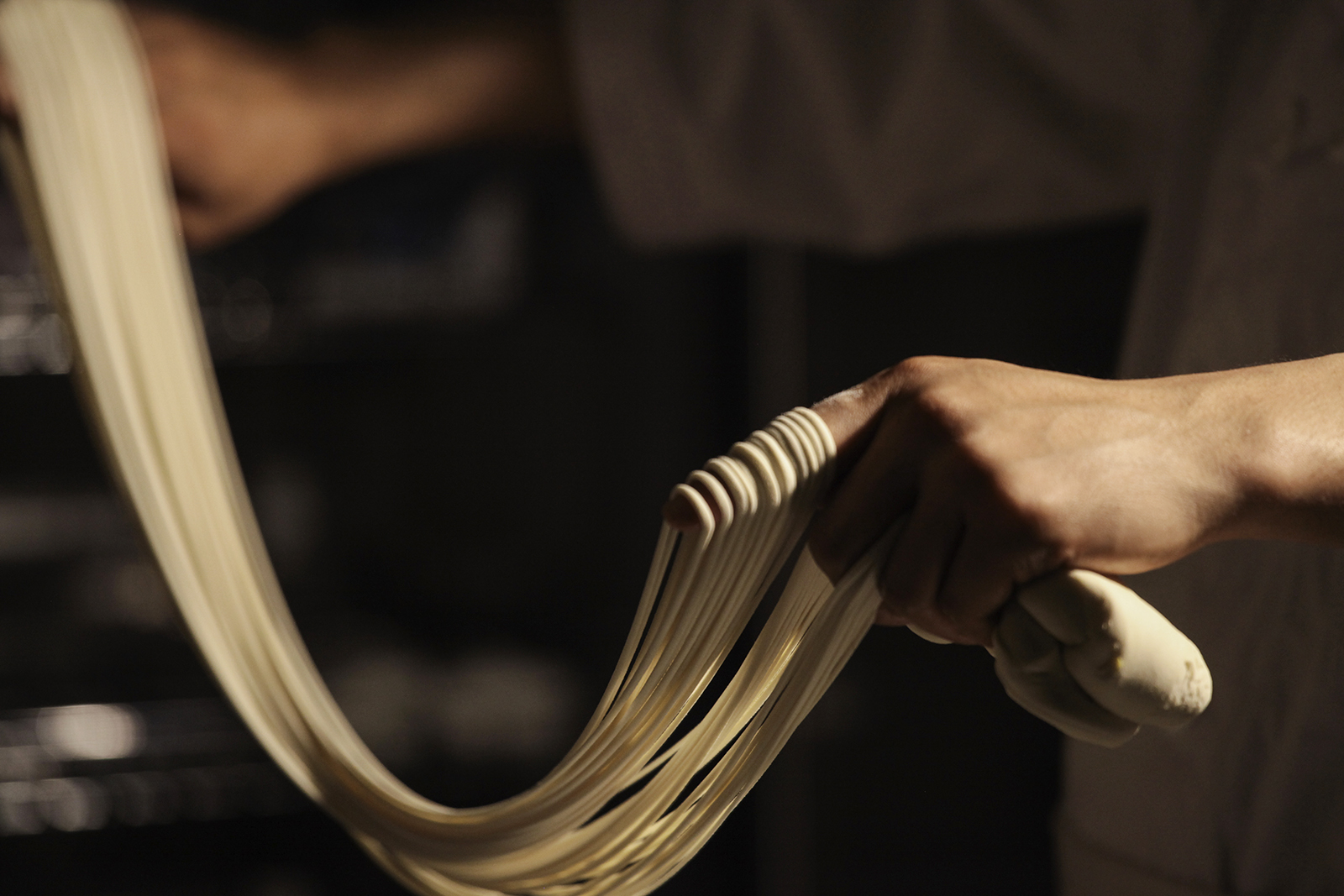
A short walk from the University of Southampton’s Highfield campus lies a haven for students and local residents looking for a cheap meal and, in many cases, a taste of home. From award-winning Turkish grills at Uni Kebab to Kurdish specialities at Galla Shawarma and Iraqi platters at Corniche, the halal dining options on Burgess Road are plentiful. Dig a little deeper, however, and there is a lot more more to this unassuming culinary strip.
With more than 3,000 Chinese students in the city, a number of restaurants have opened, serving up lesser-known regional dishes. One in particular has earned cult-like status among local diners. Launched in 2022, Yipinju Lanzhou Noodle Bar is a fully halal operation, specialising in hand-pulled noodles from Lanzhou, the capital of Gansu province in north-west China. Situated on the ancient Silk Road and home of the majority-Muslim Hui people, the region’s dishes are deep, rich, heavy on the beef and mutton, and infused with boldly fragrant spices.
Yipinju’s exterior is modest, featuring Mandarin signage and images of steaming bowls. Once inside, I felt like I had been transported thousands of miles away from Hampshire. The bright ceiling lights, cash-only ordering station, haphazardly laid out tables and large open kitchen area where staff were busily pulling the establishment’s titular noodles were all encouraging signs.
The laminated A4 menu is written in Mandarin, with English apparently a reluctant afterthought. Little detail or explanatory text is offered, but a quick look at the customers — mainly solo Chinese diners and mixed groups of young people — showed that most were already well acquainted with the bill of fare. Yipinju’s walls include a sepia-toned framed picture of the owner with a fresh-faced Ainsley Harriott. If the food is good enough for him, it was pretty much bound to be good enough for me, I thought.
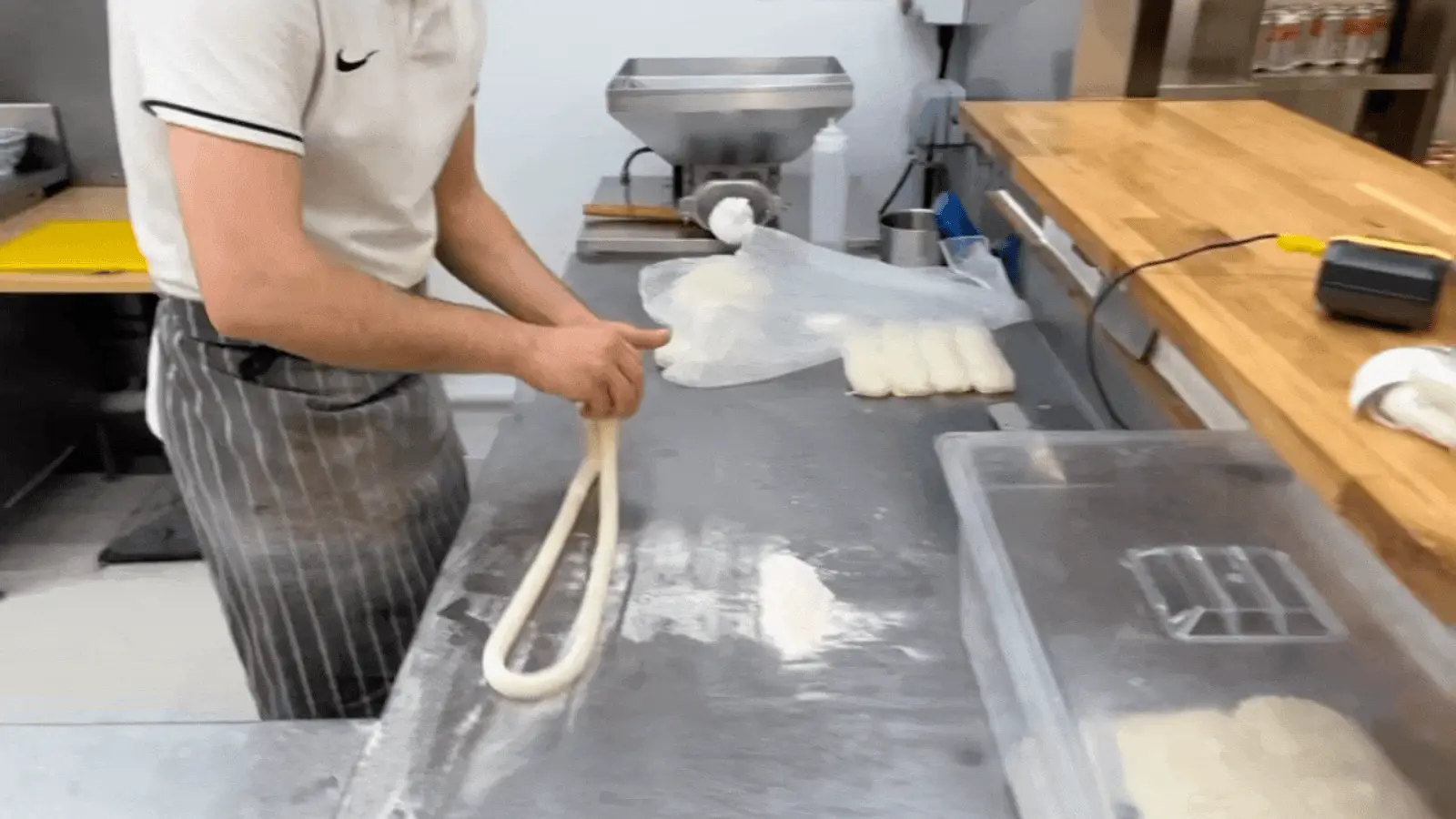
We ordered a mix of wet and dry Lanzhou noodles with beef brisket (£10), spicy chicken with potatoes and noodles (£10), minced beef miso noodles (£10) and various side dishes including broccoli, pak choi and smashed cucumber salad (£4), then took our seats.
After a few mouthwatering minutes, our number was called. First, we tucked into the brisket, nestled on a bed of flat, wide lamian noodles. Made using a technique that creates a unique chewy texture, laden with chilli oil and soaking in beef broth, they were hearty, rich and bursting with umami. The brisket itself was fatty, yielding and flavoursome too.
The slow-cooked chicken was served on the bone with large chunks of potato that had been given plenty of time to absorb the earthy chilli and cumin-laden sauce, resulting in a soft and moreish bite. Meanwhile, the tangy smashed cucumbers provided a refreshing accompaniment, the subtle sweetness of the vinegar dressing balanced with fresh diced red chilli. If you ever find yourself in Southampton, give this place a try. You won’t regret it.
While Yipinju is a hidden gem, popular with customers in the know, another halal Lanzhou noodle spot has been enjoying a moment of social media fame, picking up thousands of views on TikTok and Instagram. JWD Lamian London Noodle Bar, near Liverpool Street train station in London, opened its doors in May 2024.
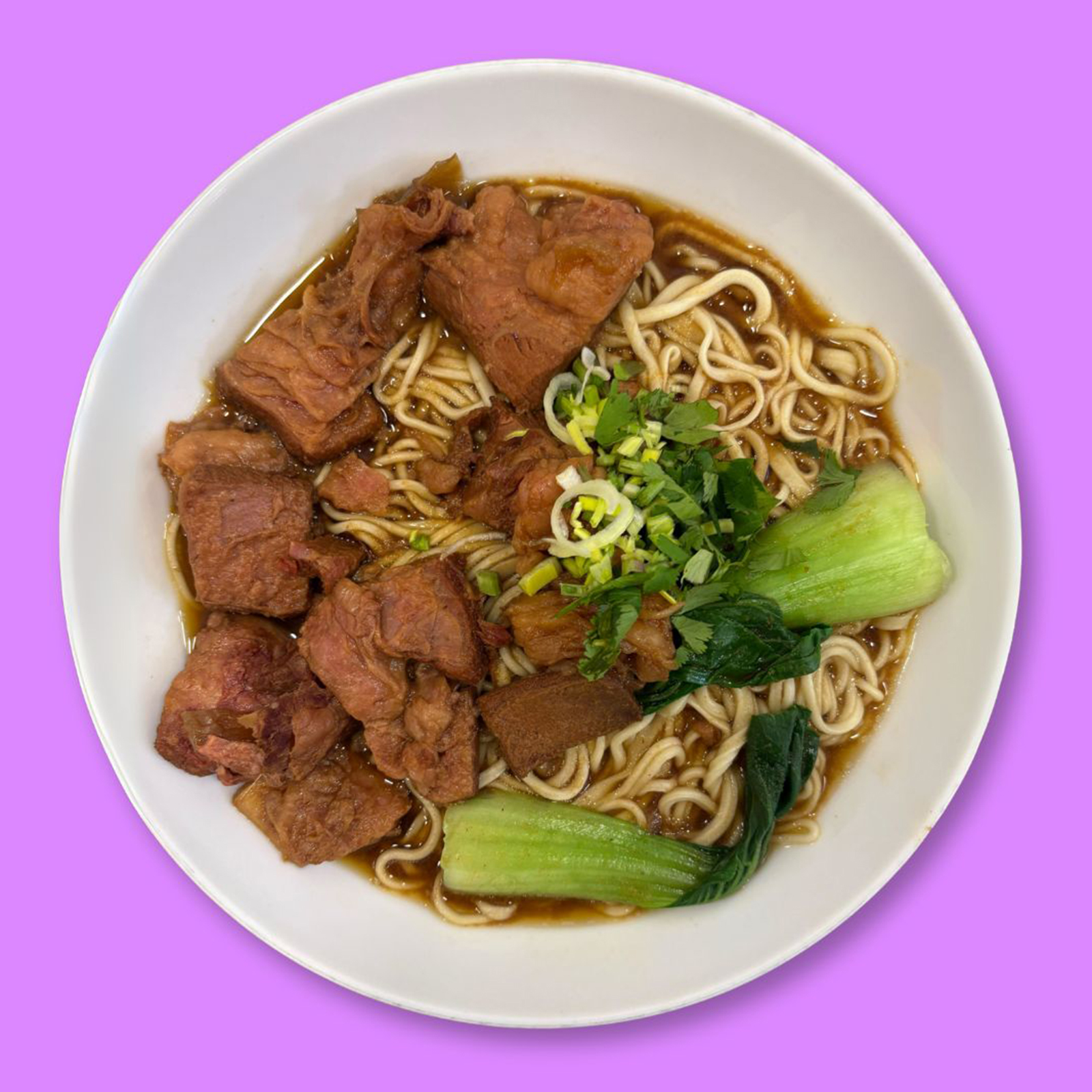
On entering, the first things I noticed were the polished mid-century-influenced furniture, high ceilings and stylish light fittings. Customers order via easy-to-use self-service pay points, then watch as staff assemble their dishes at the open chefs station, replete with an array of help-yourself toppings including chilli oil, spring onion and herbs.
In the interest of making a fair comparison, I opted for the same mix of dry and wet noodles with beef brisket (£13.80) I ordered at Yipinju, hand-pulled noodles with beef paste (£12.80) — one of the milder items on the menu — and the beef biang biang spicy noodles (£12.80).
The biang biang was the clear standout for me: perfectly textured flat noodles sodden in chilli oil and tender boneless beef, subtly flavoured with warm spices. The dish included pak choi, spring onions and coriander, resulting in a thoughtfully balanced bowl. I also ordered the beef rougamo (£5.50), a flaky pastry with a paratha-like texture that is split open and stuffed with braised meat to create a wonderful sandwich often referred to as a Chinese burger. It transported me back to my first encounter with this street food staple in the Muslim quarter of Xi’an, China, more than 10 years ago.
As I’ve worked a stone’s throw from Liverpool Street station for more than a decade and made do with far too many sandwich chain lunches, I’m excited for plenty more visits to JWD. The food is delicious, generous and excellent value for the location. The portions are so large, in fact, that I’d advise sharing with a friend. Something tells me that I’m not going to have too many problems persuading my colleagues to come along.
 Newsletter
Newsletter





